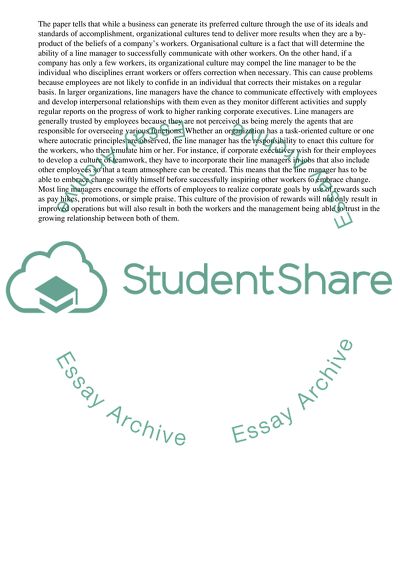Cite this document
(“The Impact that Line Managers have on Organisational Performance Essay”, n.d.)
The Impact that Line Managers have on Organisational Performance Essay. Retrieved from https://studentshare.org/business/1621711-evaluate-the-impact-line-managers-have-on-organisational-performance
The Impact that Line Managers have on Organisational Performance Essay. Retrieved from https://studentshare.org/business/1621711-evaluate-the-impact-line-managers-have-on-organisational-performance
(The Impact That Line Managers Have on Organisational Performance Essay)
The Impact That Line Managers Have on Organisational Performance Essay. https://studentshare.org/business/1621711-evaluate-the-impact-line-managers-have-on-organisational-performance.
The Impact That Line Managers Have on Organisational Performance Essay. https://studentshare.org/business/1621711-evaluate-the-impact-line-managers-have-on-organisational-performance.
“The Impact That Line Managers Have on Organisational Performance Essay”, n.d. https://studentshare.org/business/1621711-evaluate-the-impact-line-managers-have-on-organisational-performance.


